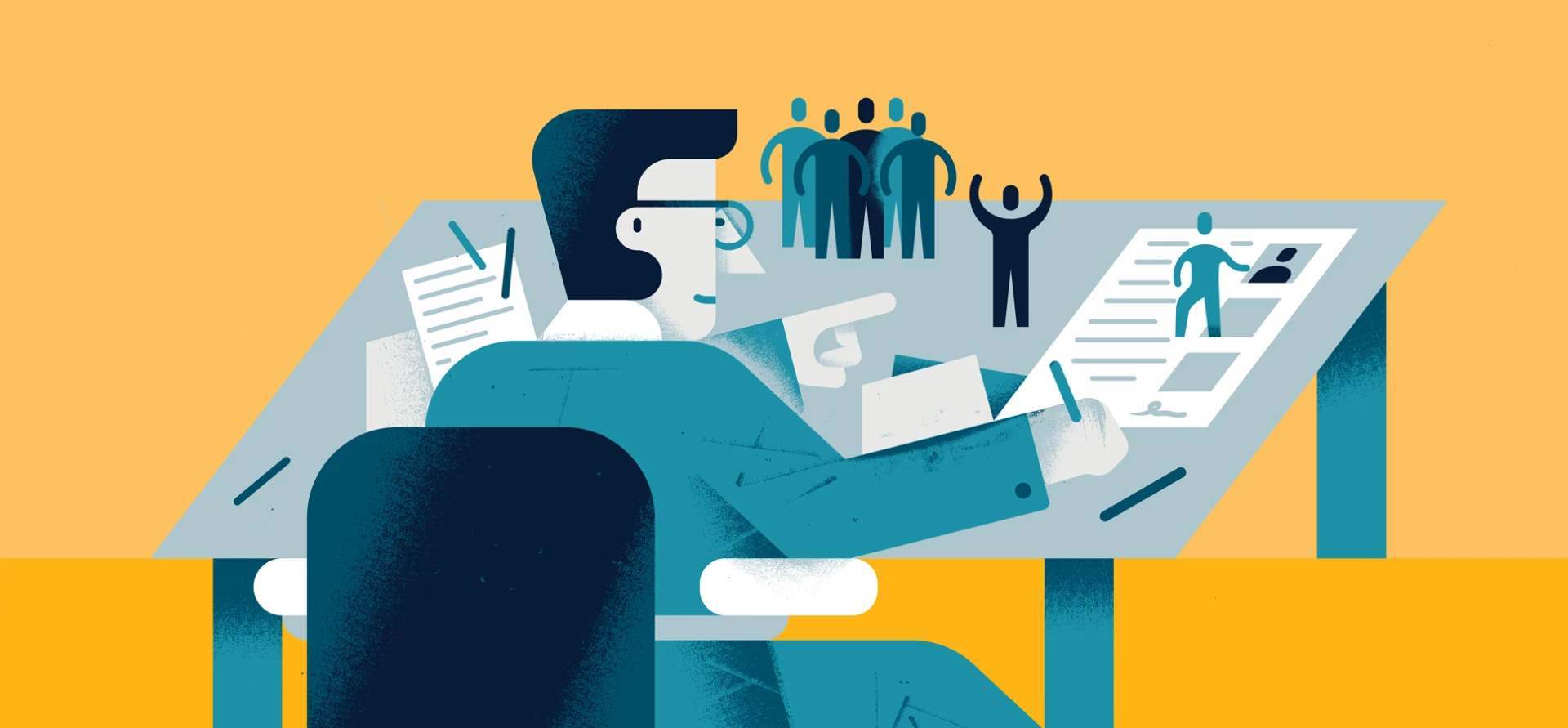How to be productive at work

In today’s fast-paced professional world, being productive at work is no longer just a bonus; it’s a necessity. Productivity doesn’t mean working longer hours—it’s about working smarter, focusing on what truly matters, and managing your time effectively. By adopting the right strategies, anyone can boost their efficiency and achieve more in less time. Here’s a guide to help you become more productive at work.
1. Prioritize Tasks with a Clear Plan

The first step to productivity is understanding what needs to be done. Start each day by creating a to-do list and prioritizing tasks based on importance and urgency. Techniques like the Eisenhower Matrix can help you distinguish between what is critical and what can be delegated or delayed. By having a clear plan, you reduce wasted time and ensure your energy is spent on high-value activities.
2. Break Tasks into Manageable Chunks
Large tasks can feel overwhelming, often leading to procrastination. Breaking them down into smaller, manageable steps makes them easier to tackle. For example, instead of “prepare presentation,” break it into “research topic,” “create slides,” and “practice speech.” Completing these smaller steps creates a sense of accomplishment and keeps motivation high.
3. Minimize Distractions
Distractions are one of the biggest productivity killers. Social media notifications, unnecessary emails, or a noisy workspace can pull your attention away from important tasks. Identify your main distractions and take steps to minimize them. This might include turning off notifications, closing unused browser tabs, or creating a quiet workspace. Some people find techniques like the Pomodoro Technique, which involves focused 25-minute work sessions followed by short breaks, highly effective in maintaining concentration.
4. Use Technology Wisely

While technology can sometimes be a source of distraction, it can also be a productivity booster. Tools like task managers, calendar apps, and project management software help keep your work organized and on track. For example, using apps like Trello or Asana can help visualize your tasks and deadlines, while tools like Slack can streamline communication with colleagues. The key is to use technology intentionally, not let it control your time.
5. Set Clear Goals and Deadlines
Without clear goals, work can become aimless. Set specific, measurable, achievable, relevant, and time-bound (SMART) goals for both short-term tasks and long-term projects. Deadlines create a sense of urgency and help you stay accountable. Even self-imposed deadlines can significantly boost your focus and ensure steady progress.
6. Take Breaks and Manage Energy
It may seem counterintuitive, but taking breaks actually increases productivity. Working non-stop can lead to burnout and diminishing returns. Short breaks refresh your mind, reduce stress, and improve overall efficiency. Activities like a quick walk, stretching, or even a brief meditation session can help you recharge and return to work with renewed focus.
7. Learn to Say No

Many people struggle with productivity because they take on too many tasks or commitments. Learning to say no to non-essential activities protects your time and energy for what truly matters. Being selective doesn’t mean being unhelpful—it means prioritizing your work so you can perform at your best.
8. Continuously Improve Skills and Processes
Productivity isn’t just about doing tasks faster—it’s about improving how you work. Regularly assess your workflow and identify areas for improvement. Are there repetitive tasks that could be automated? Can certain processes be streamlined? Investing time in improving skills, learning new tools, or adopting better methods can pay off significantly in the long run.
9. Maintain a Healthy Work-Life Balance
Finally, sustainable productivity requires balance. Overworking can lead to stress, fatigue, and lower efficiency over time. Ensure you get enough sleep, exercise regularly, and make time for hobbies and social activities. A well-rested and happy employee is far more productive than one who is constantly stressed and exhausted.
Conclusion
Being productive at work is about smart planning, focused execution, and consistent self-care. By prioritizing tasks, minimizing distractions, using technology wisely, and taking care of your mental and physical well-being, you can maximize your efficiency and achieve better results. Productivity is a skill that can be cultivated with practice, patience, and intentional effort. Start implementing these strategies today, and you’ll notice a significant improvement in your work performance and overall satisfaction.
